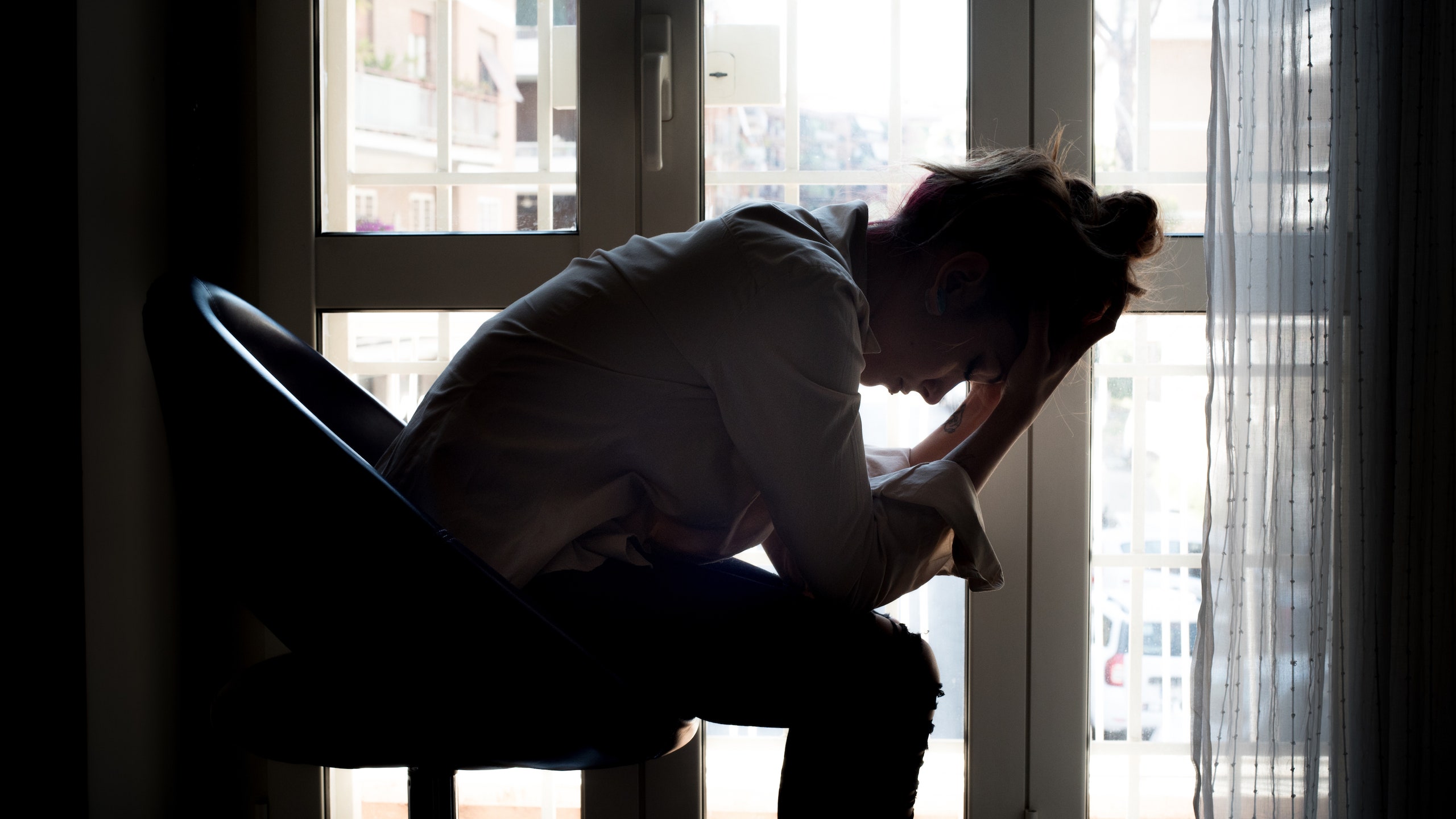A Quick Guide
Clinical depression, also known as major depressive disorder (MDD), is a mental health condition characterized by persistent low mood, loss of interest, and other symptoms. It may co-occur with other mental health conditions and medical conditions. Diagnosis involves assessment by a healthcare professional, and treatment options include antidepressant medication, psychotherapy, and other therapies for severe cases.
What is Clinical Depression?
Clinical depression or major depressive disorder (MDD) is a mental health condition. Likewise, it has specific emotional, physical, and behavioral symptoms.
Clinical Depression is a state of persistent low mood, low energy, loss of pleasure or interest and low self-esteem for at least 2 weeks or more.
While some people experience depressive episodes that are recurrent, whereas others may have episodes separated by years in between.
Other names for clinical depression
Other names for clinical depression include major depressive disorder (MDD), unipolar depression, major depression, unipolar disorder, or recurrent depression.
Clinical depression symptoms
Clinical depression brings with it a certain set of symptoms which include
- Low mood
- Loss of pleasure in previously enjoyed activities
- Increase or decrease in appetite or weight
- Increase or decrease in sleep
- Tendency to ruminate over negative thoughts. Their themes are related to worthlessness, hopelessness, helplessness, low self-esteem, guilt, and regret.
- Disturbance in thinking, concentration, and decision making
- Withdrawal from social situations
- Low Libido/sex drive
- Thoughts about dying/suicide. Particularly, those with severe depression may plan or make a suicide attempt.
- Low energy/fatigue/exhaustion
- Psychomotor agitation or retardation (restlessness or lethargy)
- People with severe depression may have symptoms of psychosis such as delusions and hallucinations
- Some physical symptoms may also be present such as headache, issues in digestion, etc
Watch: [Clinical Depression in a Nutshell]
Associated Conditions with Major Depressive Disorder- MDD DSM 5
Clinical depression may often co-occur with other mental health conditions such as:
- Anxiety disorders
- Alcohol and substance abuse disorders
- Personality disorders
- Seasonal affective disorder
- Post Traumatic Stress Disorder
- Somatic or pain-related conditions
- Serious medical conditions such as cardiovascular diseases, stroke, Parkinson’s disease, etc.
Assessment and diagnosis
According to DSM depression is diagnosed as Major depressive disorder (MDD). Likewise, a trained general practitioner, psychiatrist, or psychologist gives the MDD diagnosis after a detailed assessment. Accordingly, this includes the patient’s biographical history, presenting complaints & their severity, family history, and substance use history.
A trained practitioner also conducts a mental state examination. It includes an assessment of the person’s present mood and thoughts along with the risk of harm to self, others, or others. In case of high risk, the patient is hospitalized and symptoms are managed under supervision. Sometimes to assess symptoms of depression mental health rating scales are also used. For example, popular rating scales include Beck Depression Inventory, Hamilton Rating Scale, Suicide Behavior Questionaire, etc.
The patient’s medical examination, substance use, and past psychiatric history are also evaluated before diagnosis. In order to rule out possible medical, psychiatric, and substance-related causes.
Treatment of Clinical Depression
The most common treatment for clinical depression includes the following:
- Anti-depressants
- Psychotherapy with a therapist
- Electroconvulsive therapy, light therapy, and transcranial magnetic stimulation (for severe or resistant depressive symptoms)
Patients should opt for a combination of antidepressant medication and psychotherapy treatment. Since this combination gives the best results according to research.
To find out more about depression, check out the related articles.



 High functioning Autism & Depression: What you need to know
High functioning Autism & Depression: What you need to know  Signs of Depression: How to know if you are depressed
Signs of Depression: How to know if you are depressed  Major Depressive Disorder: How depression symptoms manifest in your life?
Major Depressive Disorder: How depression symptoms manifest in your life?